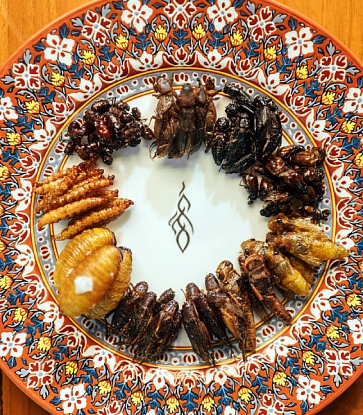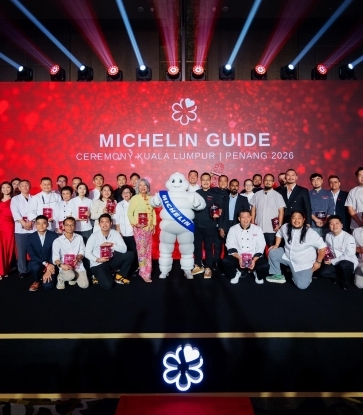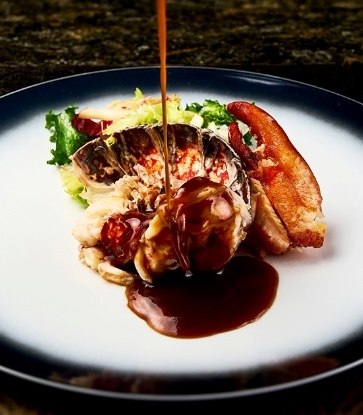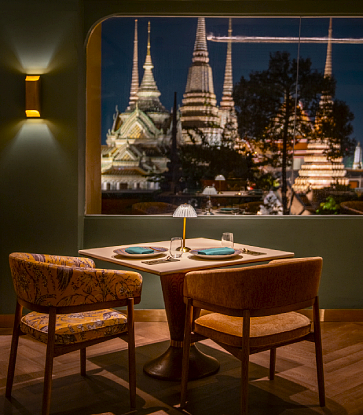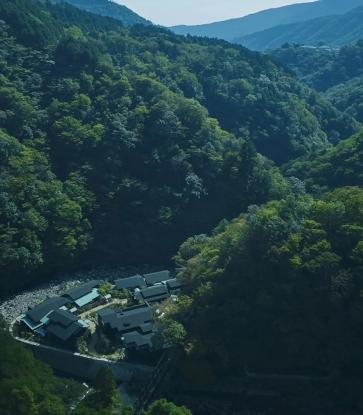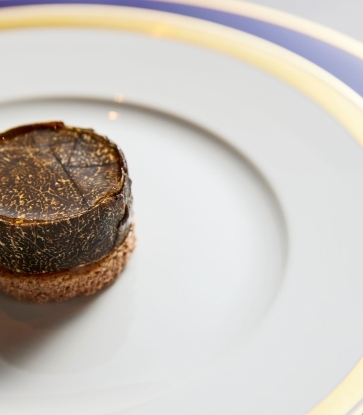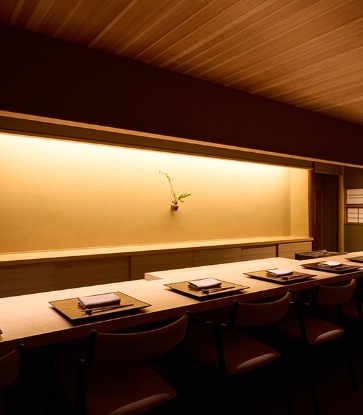In this day and age, each individual has a role to play to protect the global environment and our natural resources. The MICHELIN Guide has since introduced a new distinction—the MICHELIN Green Star— to highlight restaurants facing environmental and social problems head-on and engaging in sustainable activities.
Whether they’re engaged in reducing waste, shrinking their environmental impact, preserving natural resources, protecting endangered species or supporting local, environmentally responsible producers, all these restaurants embody an inspiring and virtuous vision that Michelin is eager to recognize and reward. Here are some of the chefs whose work in their MICHELIN Green Star restaurants are setting the pace for sustainable gastronomy in Japan.
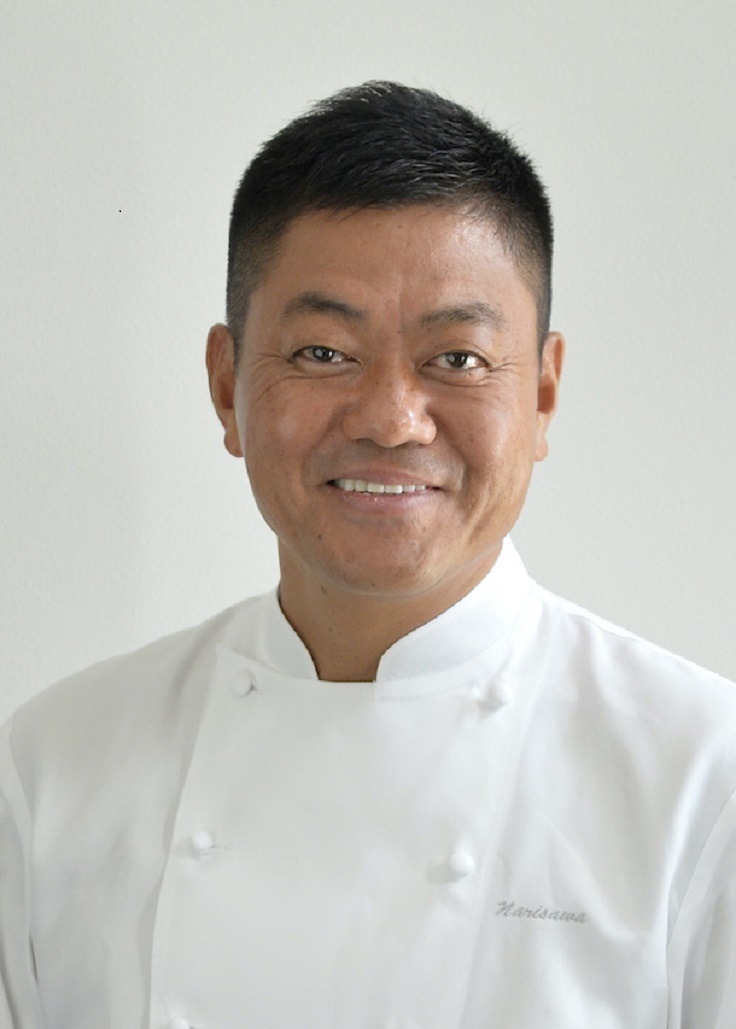
NARISAWA
TWO MICHELIN Star, MICHELIN Guide Tokyo 2021
Paying homage to the food culture of rural Japan and the wisdom of his predecessors, Yoshihiro Narisawa has established a one-of-a-kind genre called “Innovative Satoyama Cuisine” that expresses his own take on Japanese food.
READ MORE: These Are The Newly Starred Restaurants In The MICHELIN Guide Tokyo 2021

Here, the chef places an emphasis on all-natural ingredients, in line with his deep concerned about the current destruction of the natural environment and whether our eating habits can continue unchecked. He believes that the most important thing on the planet are its forests, and he incorporates that bold message into his cooking. His masterpieces include "Soup of the Soil", "Charcoal" and "Essence of the Forest", while "Rural Landscape" reflects forest scenery. The symbol of the restaurant is the honeybee, a creature essential to the health of the forest ecosystem.

Florilège
TWO MICHELIN Star, MICHELIN Guide Tokyo 2021
Focusing on the problem of food waste is chef of Florilège Hiroyasu Kawate. One of the restaurant’s specialities is beef made from off-cuts that are usually discarded at the butchery even though they are fully edible. Likewise, consommés and sauces are made from vegetable scraps, while the restaurant’s collection of crockery are made from recycled clay.

His focus on sustainability does not stop with the ingredients. The walls of the restaurant are made from thinned wood and the tiles on the floor from off-cuts. Cards handed out to guests describe the current state of food waste and his concern for the producers that he sources his ingredients from.

Sincère
ONE MICHELIN Star, MICHELIN Guide Tokyo 2021
At Tokyo restaurant Sincère, Shinsuke Ishii’s belief is that "great-tasting food makes people happy". His dishes brim with creativity and playfulness. The most popular of these is his "White-fleshed Fish in Puff Pastry" which combines grilled tai, an ingredient familiar to Japanese people, with the classic French dish, Loup en Croûte. Besides tasting delicious, this fish dish is an expression of the chef’s concern for ocean sustainability and the depletion of marine resources.

To that end, he also holds workshops to convey the current state of the ocean and spread the word about what chefs can do about it. He communicates the problem of marine resources through his cooking and is careful not to use depleting or endangered fish species. The chef also takes the effort to bring out the dishes himself and provide explanations, which leaves a lasting impression on diners.

Kodaiji Wakuden
TWO MICHELIN Star, Michelin Guide Kyoto Osaka + Okayama 2021
Muromachi Wakuden
ONE MICHELIN Star, Michelin Guide Kyoto Osaka + Okayama 2021
Tan
Bib Gourmand, Michelin Guide Kyoto Osaka + Okayama 2021
Wakuden got its start as a ryori ryokan opened in Kyotango in 1870. Proprietor Yuko Kuwamura (Right) runs Wakuden and is a ryotei pioneer, purchasing the land the restaurant sits on in order to open a food factory. Together with her employees and locals, she initiated a tree-planting exercise to revive the surrounding forest and help alleviate global warming and other environmental problems. It is in this verdant forest that she also grows wild vegetables, pepper, fruit and other crops to be used in her cuisine.

Every year, employees and locals plant rice together. They do not use pesticides or chemical fertilizers but instead spread the shells of crabs served at ryotei and kappo restaurants as a natural fertilizer. She rejuvenates forests and engages in environmentally friendly farming.
Chefs whose restaurants are in the city are highly aware of sustainability and contribute to society by disseminating information and creating conversations about the cause. On the other hand, restaurants rooted in local communities tend to engage in environmental conservation, co-existing with nature. The MICHELIN Guide looks forward to a continued increase in the number of like-minded individuals thinking about food sustainability. Everything we do is for a sustainable future.





